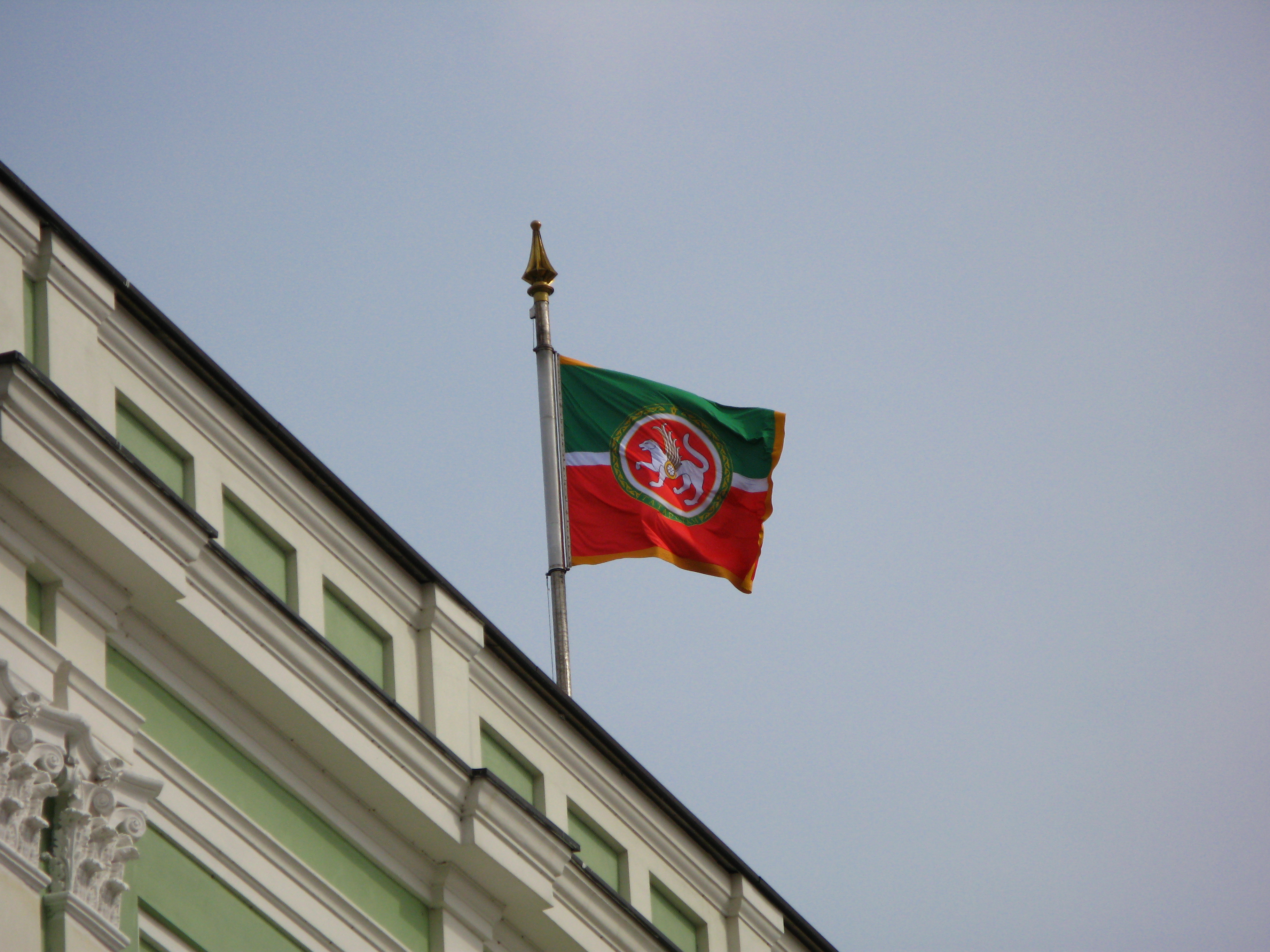
Tatarstan Divides Along Ethnic Lines over Renaming Republic
Publication: Eurasia Daily Monitor Volume: 9 Issue: 213
By:

A proposal to drop any reference to nationality in the names of the non-Russian republics of the Russian Federation has deeply divided Tatarstan, the largest and most influential of these republics, almost precisely along ethnic lines. The Tatars are outraged about this attack on their ethnic rights, while the ethnic Russians living there say that renaming Tatarstan the Kazan Republic would eliminate discrimination and promote economic growth in the country as a whole.
The idea of renaming the republics, which has sparked so much discord in Tatarstan, was raised in an article in Izvestiya last Friday (November 16) that laid out the ideas of Abdul-Nisir Dibirov, the rector of Makhachkala’s Institute of Economics and Politics. All of Russia’s republics are multi-national, he argued, and consequently, it is wrong for them to have names suggesting that one people is truly native and everyone else is an outsider. Moreover, he continued, these ethnic names are often exploited by nationalist groups who seek privileges for themselves or even independence from Moscow (izvestia.ru/news/539729).
Perhaps because of its size and recent prominence of the Moscow media, Tatarstan was a clear focus of the Izvestiya article. Dibirov pointed out that only 53 percent of the population of that Middle Volga republic is Tatar, with the others being predominantly ethnic Russians or at least Russian speakers. The Dagestani scholar said that under his scheme, Tatarstan would take as its name that of its current capital and thus become the Kazan Republic.
Not surprisingly, many Tatars are furious, whereas a comparable proportion of Russians living there say that they like the idea, as a survey of the views of prominent representatives of the two communities makes clear (www.apn.ru/publications/article27522.htm).
Two members of Tatarstan’s State Council, one a Tatar and one an ethnic Russian, refused to comment on the controversial idea, apparently not wanting to wade into the political thicket. But other Tatar leaders were anything but restrained. Marat Khayrullin, another State Council deputy, said that he is certain “the name of the subjects of Russia on an ethnic plane is balanced,” that “Russia is named in honor of the [ethnic] Russian people,” while “Tatarstan is named for the Tatars. […] No one’s rights are threatened by that,” he concluded (www.apn.ru/publications/article27522.htm).
Fandas Safiullin, a former representative of Tatarstan to the Russian Duma, fully agreed. He suggested that Dibirov had spoken out against the principles of the United Nations and the Constitution of the Russian Federation. “The right of nations to self-determination is the chief point of the UN Charter. It is also recognized in the preamble of the Constitution of Russia.” And he added that if ethnicity were dropped from the names of the non-Russian republics, then “every Russian city, independent of its size, could proclaim itself a republic.” There could soon be a Chistopol or Nizhnekamsk republic, he said, adding that “this is a path to chaos” in the country.
Rashit Akhmetov, the chief editor of the weekly Zvezda Povolzhya, commented that there was no evidence of “ethnocracy in Tatarstan” and that proposals like Dibirov’s could lead “yet again to an outburst of nationalist attitudes among the titular population of the national republics.” He suggested that the Dagestani’s proposal was a trial balloon for those in Moscow who want to “liquidate the national republics as such.”
Nail Nabiullin, president of the Union of Tatar Youth, agreed, adding that Dibirov may be right about one thing: “Who says that the peoples of the republics are not thinking about separation from Russia? International law that recognizes the right of self-determination gives us the opportunity to resolve how and with whom we will live. The struggle of peoples for independence will continue.” Marsel Shamsutdinov, the head of the Tatarstan branch of the Parnas Party, was somewhat more restrained. He said that “in the current social-political situation, this question [of renaming the republics] was untimely, although very important.”
And Ayrat Sharipov, head of the Sozianiye Movement, said he considered Dibirov’s proposal an open “provocation.” “Not a single ethnicity will agree that the place of its historic compact settlement should be renamed because the relative size of the peoples living in it has changed in one direction or the other. This would be extremely unjust.”
But ethnic Russians, on the other hand, took the opposite view. Mikhail Sharov, the head of the Kazan Civic Union, said that “changing the names of the republics within Russia would be a good decision, but it should take place without the rejection of federalism in general and without a transition to a unitary state. That would be ineffective.” Ultimately, he insisted, “the national republics must be disbanded or it will be impossible to resolve the problems that have built up with the non-titular population.”
Dmitry Orlov, a Russian historian from Kazan, took a similar position: “We already have had the opportunity to observe what happens when small countries separate from a large one through the exploitation of “the ethnic cultural element.” That happened with the Union of Soviet Socialist Republics (USSR), and to prevent it from happening again, he said, the country should become unitary, allowing it “to reestablish the powerful industrial networks that functioned in the USSR.” And Aleksandr Salagayev, the president of the Society of Russian Culture of Tatarstan, agreed, saying that at the very least, Tatarstan had to drop the twin references in its constitution to the republic’s “multi-national population” and “the Tatar people.”
It is an ancient observation that the worst time for a bad government is when it begins to reform itself. But the debate in Tatarstan suggests that perhaps an even worse time for such regimes is when they first make concessions and then try to pull them back after those to whom these are given have become accustomed to that arrangement.




